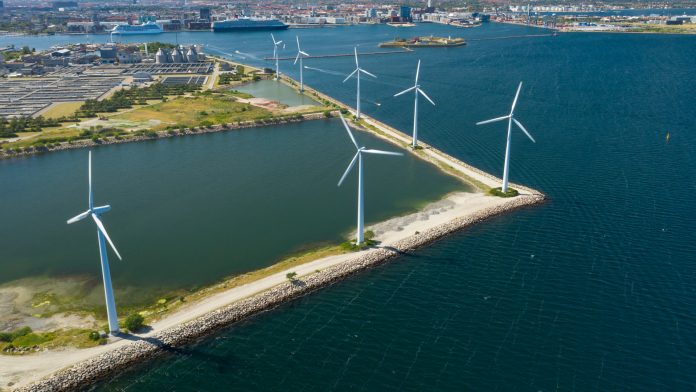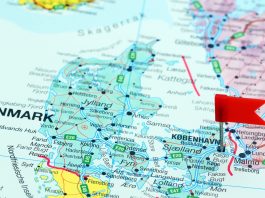The Danish Ministry for Higher Education and Science spoke to Innovation News Network’s digital editor Caitlin Magee about sustainable development in Denmark.
With the agreement on the Climate Act from December 2019, the Danish Government and a broad majority in the Danish Parliament, agreed to set a goal of a 70% reduction in greenhouse gas emissions by 2030 compared to 1990 and climate neutrality by 2050, furthering the sustainable development of Denmark. The government also has high ambitions for European efforts towards green transition and is pushing to make the EU a climate union.
Research and innovation are necessary for meeting Denmark’s and the EU’s sustainability goals. In the forthcoming European Framework Programme for Research and Innovation, Horizon Europe, at least 35% of the budget must go to climate-relevant activities, which is highly supported by Denmark.
Prioritising research investment
The Danish Ministry for Higher Education and Science will launch a new research catalogue, named RESEARCH2025. The objective of RESEARCH2025 is to provide a consolidated overview showing the most important research areas of the future, as seen from the perspectives of businesses, organisations, ministries and Danish knowledge institutions as well as a wide variety of other stakeholders. RESEARCH2025 will function as a source of inspiration and knowledge and as a basis for prioritising research investments in various contexts such as political negotiations of the distribution of the research reserve, strategic considerations at Danish knowledge institutions and in relation to Danish participation in international research cooperation.
The Danish Ministry for Higher Education and Science states that, in general, research carried out in collaboration with international partners has a higher quality and greater effect than nationally funded research. A strong international research and innovation collaboration provides access to highly specialised research facilities abroad and the latest knowledge – and supports the attraction of talent to Denmark. It enables increased research production and the development of innovative solutions to global societal challenges. And it creates increased potential for commercial activities and leverage of national investment.
Collaborative arctic research
The aim of the International Arctic Hub is to establish a unified platform in Greenland for Greenlandic, Danish, and international polar researchers as well as Arctic stakeholders. The hub is included as an initiative in the Danish Government’s Foreign and Security Policy Strategy 2019-2020 The hub will assist with coordinating activities in research, education, international collaboration, collaboration between researchers and business, and administrative collaboration.
Greenland and Denmark have formulated a number of focus areas in a common vision for the hub, which together contribute to the entire scientific ecosystem in terms of research, communication, teaching and education. The vision is part of the agreement entered between Government of Greenland and the Ministry of Education and Research.
The establishment of the hub is also part of Denmark’s Foreign and Security Policy Strategy for 2019-20 and contributes to strengthening of international cooperation on the Arctic. In addition, the hub plays an important role in Greenland and Denmark’s efforts to create and facilitate increased international cooperation in the Arctic in accordance with the Arctic Council’s Agreement on Enhancing International Arctic Scientific Cooperation, which was acceded by Greenland, Denmark and the other Arctic states in 2017.









